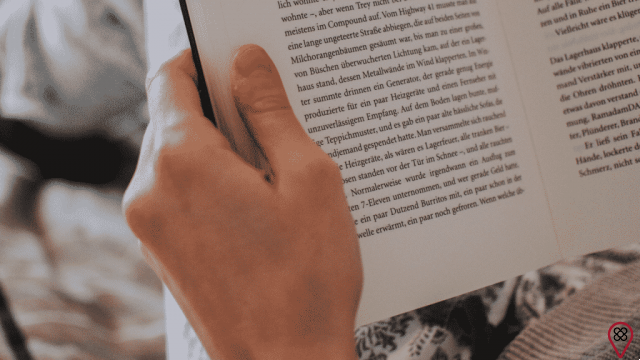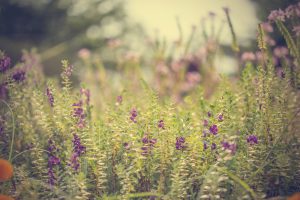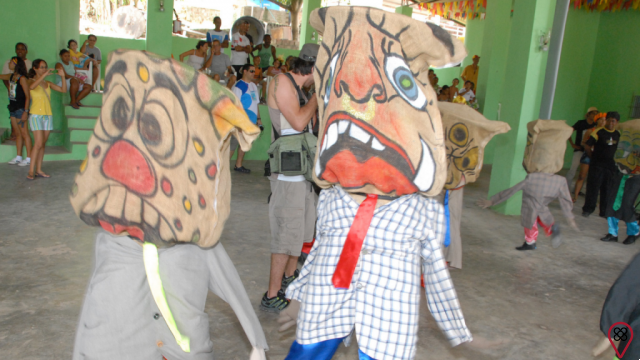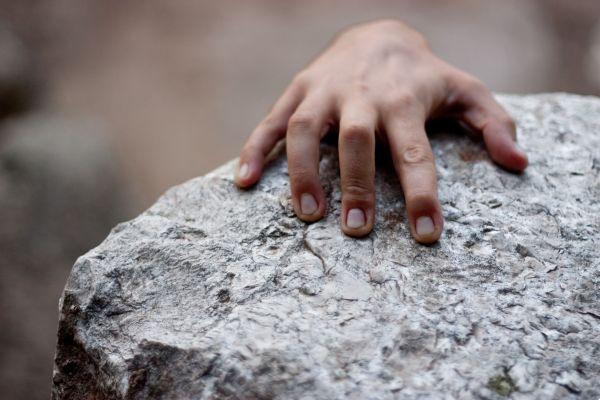We talked to Thiago Berto, who tells us what a freer pedagogical proposal is, focused on being. Check out the interview:
Me Without Borders: Tell me a little about your childhood life until the stage of interrupting studies in high school and the reason for this decision:
Thiago Berto: I lived until I was 16 years old in Guaporé, in the countryside, my mother died when I was 12 years old, but since I was nine I didn't have much contact with her because of her leukemia treatment that had to be done in Curitiba. From 12 to 16, my life was in Guaporé, it was taking care of my younger sisters, the house, and taking care of my father, who was an alcoholic and quite violent, in the best way. This was my concentration camp, I'm not a victim, I'm blessed to have been given the opportunity to think of life as something more meaningful. Suffering made me look for meaning and gave me a very important fuel for my professional life: Anger. I studied a lot of computers, and I created my company when I was 19, because I wanted to show my father that he was wrong. And do you know? Everything is perfect! Everything has a reason. I was kicked out of home at 16 (or maybe I had a nice push), I went to Porto Alegre and there I saw that I didn't want to waste my time finishing high school anymore. I used that time to dedicate myself to studying computer networks on my own and it was one of the other less normal decisions that got me where I am today.
ESF: You created a company too early. Why did you decide to leave her? What did you see in that decade of life that made you change?
TB: I founded the company with a friend who was 19 years old, at 29, I stopped to think and assess how far I wanted to go. That year I decided that I would work at the company until I was 40 and anyway I would leave it to dedicate myself to my dreams. The deal lasted until I was 30. The company is at the height of its history, and paradoxically, the success made me feel empty. A big question mark. Because? Why all this?
ESF: I've read that Bhutan enchanted you. What was there? What did you live there?
TB: A peaceful country, another planet! Other values, a place that made it possible for me to be with myself. Endure, get used to and enjoy my own company. Bhutan is a beautiful country with concepts of cooperation, sustainability and 'governance' that have greatly influenced what I think today about politics, management and entrepreneurship
ESF: Tell me how was the experience of traveling to so many countries? What else made you live?
TB: I say that traveling through many places has served me for two things. Know myself. Because I was out of my natural habitat, traveling very simply, and that made me connect with myself. And the second thing was to enchant me and love the place I live today. Valuing Guaporé the land that leaves at 16 years old.
ESF: Why do you seek an alternative pedagogy? Found this model in Peru? What most caught your attention there?
TB: I do not seek an alternative pedagogy. Our pedagogy is the adult who accepts to go back inside himself, to lose the illusory control he has over things. Our pedagogy is a way of life. In Peru it was my first contact as another way of seeing the child with more respect, equality and that was the spark I needed for everything that came later.
ESF: It is obvious that our education is no longer enough. Important values such as love, respect for others, solidarity could be taught and are not. We are 'taught' to learn the obvious, graduate, go to college and stay in that closed system. as much as I hear people wanting to go another way, many ask me how difficult it is. What do you have to say?
TB: The new society we want, a new perspective on pillars such as politics, religion, family, economy and education, starts with the new adult, the new human being, who decides to stop placing responsibility on something external, and stop looking for external references as well. . And he decides to take on the need for the inner journey. To look at yourself. Recognize that it is the good and the bad, the light and the shadow, who is as corrupt as a politician, but as divine as a Gandhi. We are everything! And we can choose what to express. The journey of looking at yourself is not easy, but it is probably the only honest and true point of our existence.
ESF: And for the solidarity economy, what touches you most about it?
TB: Use businesses, provide services, that generate resources to do something magical and profound in the world. Here and now. Solidarity economy is not charity. It's entrepreneurship for what matters.
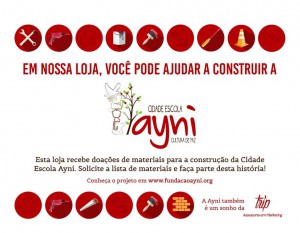
ESF: Tell us more about the Ayni School project.
TB: Ayni is a social movement that wants to influence culture, the environment around it, so that it influences people's new behavior. Ayni proposes practices and initiatives of a society that we envision in the future, here and now, in 2015, around us. A new way of being, seeing and interacting with everything. Starting with our look at ourselves, children, the environment and the economy.
ESF: I saw that you put the school on crowdfunding. I really like crowdfunding. Do you believe that people are connecting to support the project both local and those who identify themselves?
TB: In fact, you know I'm still getting to know crowdfunding. It's a good initiative, I don't really like the rewards. Sounds like an old energy to me. From the old. One day we will donate and support for the simple movement. Which is the basis of another concept that I love: Gift economy. The economy of giving, donating, helping out of connection, out of enthusiasm.
“I want to express my gratitude for being able to talk more about my path in this life. He is influenced by everyone's footsteps. We are all connected. We are a mesh. We're on the same train, going to the same place. Such is the plan and project of humanity's evolution.”
– Thiago Berto
To learn more visit: www.fundacaoayni.org
- Interview granted to Angélica Weise from the Eu Sem Fronteiras Team.
Photos / Reproduction Facebook



